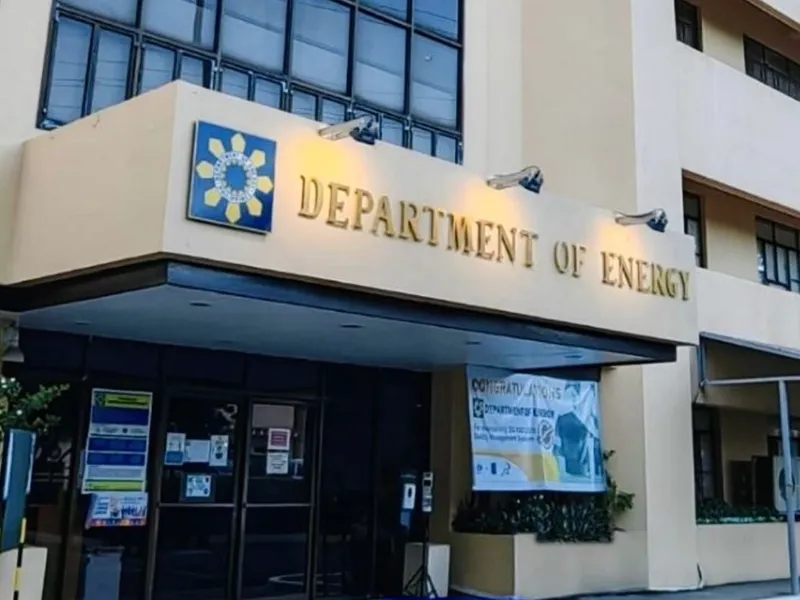- A website in the country was hacked last Saturday and shut down while the system vulnerability was addressed.
- The emergence of attacks involving state institutions and government officials poses a potential threat to national security and sovereignty.
OUR TAKE
Hacking of the Philippine Energy Department website is not only an individual cybersecurity incident, but also reflects the common challenges and needs faced by governments and organisations worldwide in protecting information security and responding to cyber threats. Greater collaboration, improved technical capabilities, and stricter security measures are the inevitable trends of the future.
–Zora Lin, BTW reporter
What happened
The Philippine Department of Energy says it was investigating the hacking of a website in the country on Saturday and was shutting it down while it addressed the system vulnerability.
According to a statement on Sunday, the ministry said it would take steps to improve the resilience of its system. It did not say who was behind the hacking and defacing the site.
In February, the Philippine Coast Guard said its official Facebook account had been hacked. In the same month, Manila said it foiled an attempted cyberattack by a hacker “from within China” on the website of the Overseas Workers Welfare Administration, a state agency. Private domain names, including President Ferdinand Marcos Jr.’s own website, were also targeted, but the attacks were foiled.
Also read: PhNOG 2024 Week celebrates 30 years of Philippine internet
Also read: ICTforAg 2024 showcases digital innovations for boosting Philippine agriculture
Why it’s important
The fact that agencies such as the Philippine Department of Energy have been forced to shut down their systems and conduct investigations shows that government departments and organisations face increasingly frequent and sophisticated cyber-attacks, and this incident highlights the urgency of raising cybersecurity awareness and response capabilities.
The emergence of attacks involving state institutions and government officials poses a potential threat to national security and sovereignty. In particular, attempted attacks involving state agencies such as the Coast Guard and the Overseas Workers Welfare Administration highlight the vulnerability of the nation’s information infrastructure and the challenges of responding to potential cyber threats from other countries.
The private websites of high-ranking government officials such as presidential candidates have also been targeted, which could have implications for political and diplomatic relations. Cyber attacks are not only a technical issue, but also involve complex issues of inter-state relations and information security, so these incidents may affect the political and diplomatic dynamics of the Philippines at home and abroad.

